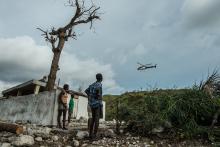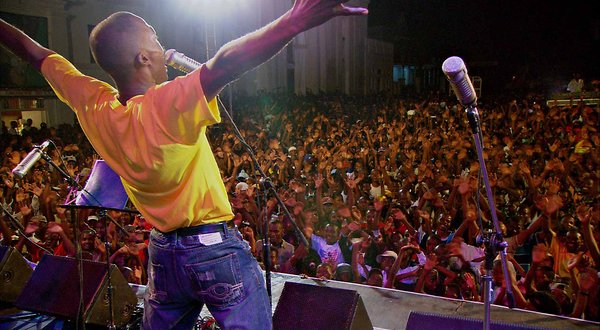After Hurricane, Haiti Confronts Scars From 2010 Earthquake Recovery
To be fair, the Haitian government is trying to demonstrate the leadership that was absent from the 2010 earthquake response. It is setting priorities and specifying what interventions it will and will not accept from the international community. Still, the government is quite fragile and has limited capacity. Some priorities are being determined not based on the needs of the survivors as much as the needs of the government to show that it has changed. New York Times writer Azam Ahmedoct reflects on how the response to the earthquake is shaping the response to Hurricane Matthew below.







